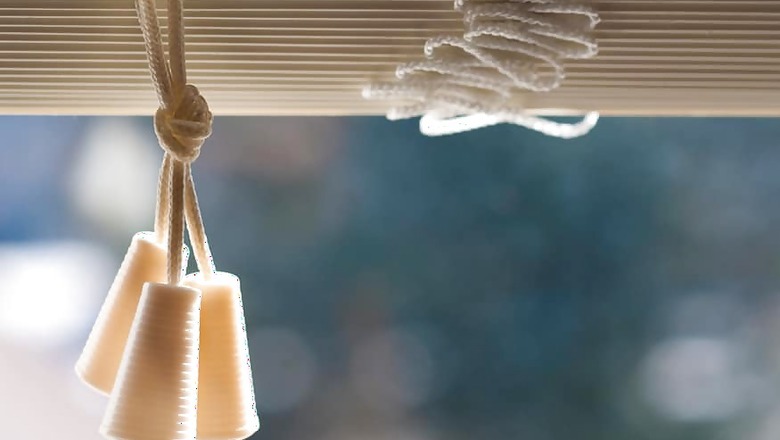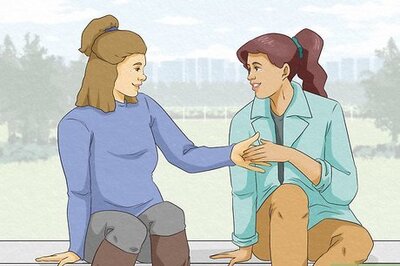
views
A new Danish study has found that changing from daylight saving time to standard time increases the number of cases of serious depression.
Carried out by Associate Professor Søren D. ostergaard and his team from Aarhus University Hospital in Risskov, Denmark, and in collaboration with the universities of Copenhagen and Stanford, the study analysed 185,419 depression diagnoses registered in the Danish Central Psychiatric Research Register between 1995 and 2012.
The study found that the number of patients diagnosed with depression at psychiatric hospitals rises immediately after moving from daylight saving time to standard time, with the number of cases approximately eight percent higher than expected based on the development in the number of diagnoses leading up to the transition. Østergaard also commented that the team are confident the increase is due to the transition and not other factors such as the change in the length of the day or the decline in weather, which were taken into account in the study.
The team also believe that although the study was based on severe depression in psychiatric hospitals, the transition might also increase the chance of other, less serious forms of depression.
Although the study doesn't reveal why the transition may cause the increase the rates of depression, the team suggest that it may be because the change takes an hour of daylight from the afternoon and adds it to the morning -- a time when many people may not benefit from it as they are indoors at home preparing for work. When they are free to get outside later in the day, it is already dark.
The findings can be found published online in the journal Epidemiology.
Previous studies have also pointed out the importance of getting enough daylight, especially in winter. Research has suggested that getting outdoors in the morning is most beneficial; those who struggle to get outside are advised to open the curtains at home and sit by windows in offices to try and maximize the amount of light.
Previous research also suggests that exercise, light therapy lamps and cognitive behavioral therapy can help fight depression in the winter months.



















Comments
0 comment